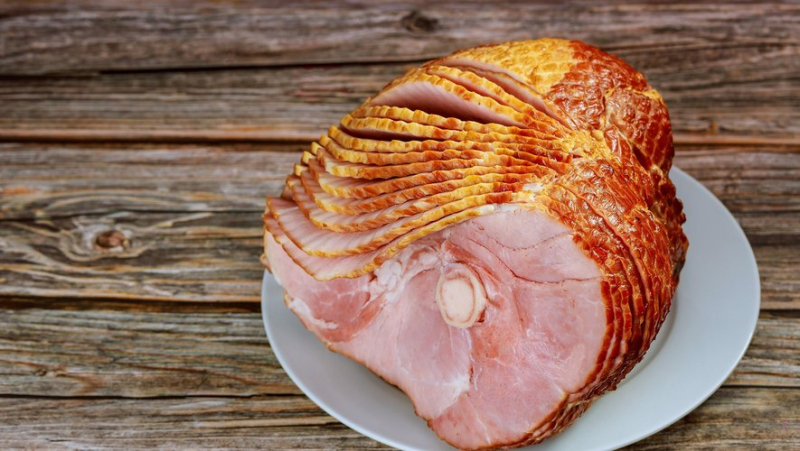Chips, ham, cheese… why these smoky-tasting foods are at risk of disappearing ?

Europe just banned eight smoke flavors used in a host of food products 500/Getty Images
They have that little racy and hyper-unique taste that makes us want to eat them again and again. Foods with an unnatural smoky taste, like in chips or ham, could well be a thing of the past. Europe has just banned the use of these smoke flavors.
It’s not just its conviviality that we love! When we prepare a barbecue, we also look for the comforting flavor of its grilled meat, or even its smoky aromas when the steak is cooked directly on the grill.
We know, however, that it should not be abused since the combustion of proteins leads to the production of heterocyclic aromatic amines, HAAs, recognized as carcinogenic by the International Center for Research on cancer (IARC). It is no coincidence that food manufacturers have increased this smoky taste in recent years, reproduced chemically using aromas.
This is the famous "umami", this fifth flavor described by a Japanese term and which Brillat-Savarin had already popularized at the beginning of the 19th century. She explains the regressive side and this desire to try again.
Risks of genotoxicity
We should have even more desire to eat meat, fish and other preparations grilled by ourselves that manufacturers will no longer have the right to use these famous aromas imitating the smoked taste. In this case, there are eight substances used in food industry laboratories that will have to stay in the closet.
Last April, the European Commission announced that it had not renewed the authorization to use it for health reasons. A decision which follows the assessment of EFSA, the European Food Safety Authority; "experts were unable to exclude the risks of genotoxicity for any of the eight smoke aromas ", she indicated in a scientific opinion published last November. When we talk about genotoxicity, we are talking about "the ability of a chemical substance to damage the genetic material of cells". And by modifying, or even mutating, genetic information, we increase the risks of developing cancer or hereditary diseases.
Five years to modify the recipe
The eight flavorings in question had been used for ten years, but their authorization period was coming to an end, hence a new evaluation carried out by the EFSA. These chemicals are obtained by liquefaction of wood smoke.
They replace the traditional smoking process in sauces, chips, hams or even cheeses like raclette. Why did EFSA initially give the green light? A good question that UFC-Que Choisir asked the body concerned at the start of ;rsquo;year. "Protecting public health is our priority. All our evaluations are based on the most recent knowledge and scientific evidence", she told the consumer association.
And to specify "since 2009, the methodologies have evolved. Note in fact that in 2021, the analysis of the consequences of aromas on fertility and progeny has become mandatory […]. It's difficult, however, not to ask the question: while around a hundred substances have their risk assessed by Efsa every year, for how many of them? will institution one day announce that it was finally wrong, like with the smoke flavors ?".
Thus, brands marketing foods whose smoked taste replaces traditional smoking have five years to modify their recipe. The transition period is only two years when flavoring is added simply to give extra flavor.




